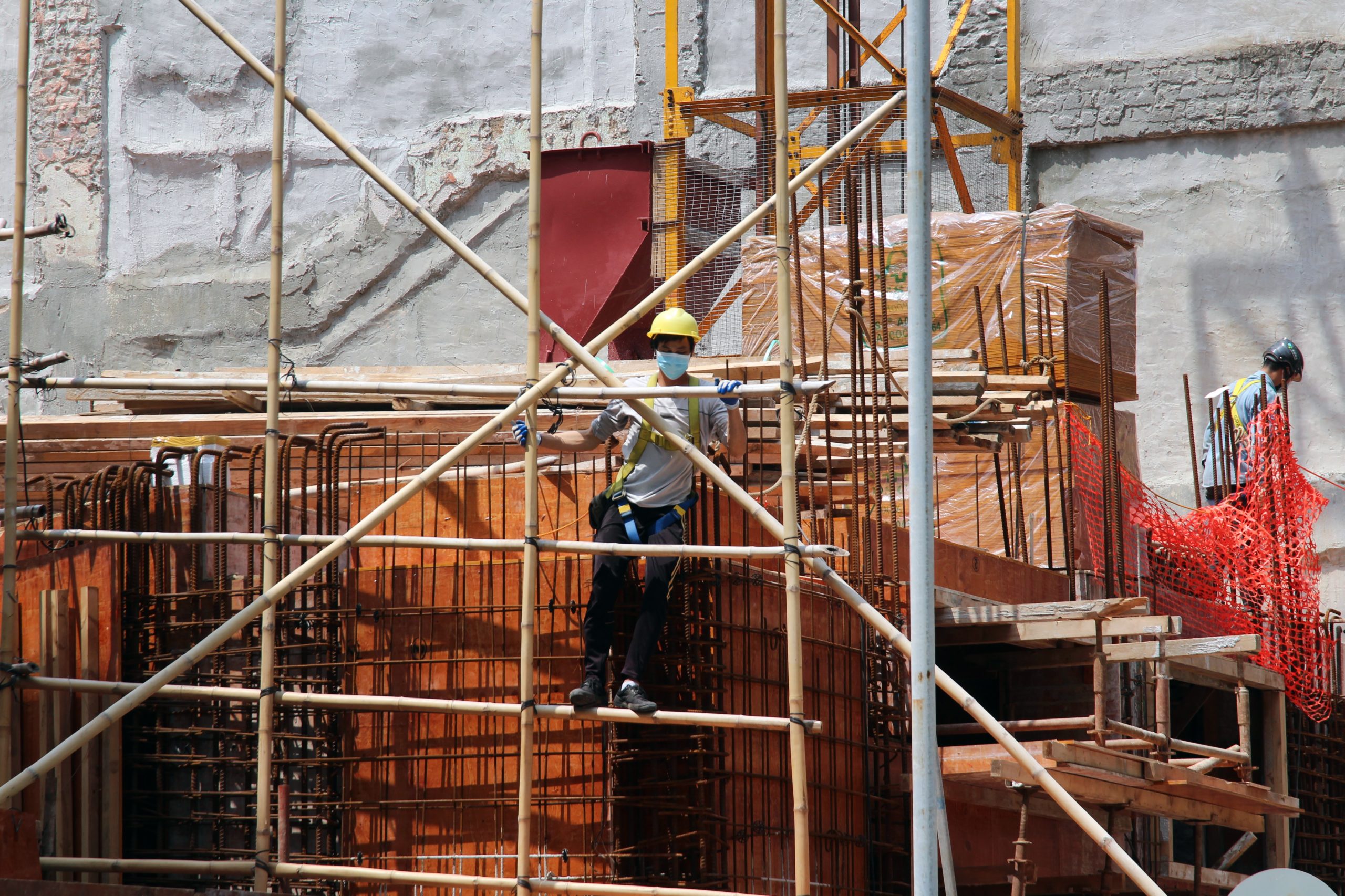
by Ronan Kelly, Managing Director, Asset Finance
If there is one industry that has been dealt a blow to its solar plexus by the pandemic it has been the construction industry.
The extension of the lockdown will stall the building of at least 800 new homes per week, and in the era of unprecedented housing demand, it goes without saying, that this will further increase the pressure on housing to unsustainable levels.
And when you add in the fact that over 60,000 construction employees are now unemployed on the PUP you can clearly see an industry that has been decimated by the pandemic.
There are a number of reasons why the government should see common sense and loosen the reins for the embattled construction industry. If further lockdown extensions are being considered, at the very least, the government need to consider staged re-opening of construction – starting with plant equipment operators who work in outdoors on machinery, in self-contained vehicles and therefore not in close contact with others, in areas like grounds works, site preparation, quarrying, civil engineering.
The construction industry is used to adhering to strict rules
The strict rules and regulations that are already in place on building sites regarding health and safety have meant that the construction industry was already neatly placed to enforce social distancing guidelines full Covid employee safety measures and other public health measures, ahead of many other industries,
From the moment construction workers step foot on a building site, general health and safety rules and regulations are strongly enforced, and so the introduction of rules regarding Covid have, to date, posed very few issues.
This is backed by evidence showing that proportionately, there have been very few outbreaks of Covid on construction sites – it was noted in a recent article by the Construction Industry Federation (CIF) “At no point did cases on construction sites reach above 56 in 2020 when construction was fully operational. Since January 2021, the industry has been operating at up to 40% capacity with only 42 cases.
The construction sector has been shown to be safe, with practically no clusters of Covid-19 infections detected on building sites. Construction hasn’t been adding to the problem. In fact, sites are substantially safer than the community. When there was a rare outbreak of Covid, every worker was easily tracked and traced.
Uncertainty for employees and operators
The uncertainty that draconian lockdown policies cause will force skilled workers to leave Ireland for the U.K and Europe for work, especially the longer the lockdown continues. This will lead to a shortage of skilled works and machine operators which will ultimately slowdown construction productivity later in 2021 and beyond and compound the already serious housing and infrastructure shortage in Ireland.
Another reason why Ireland needs to loosen the reins and fast, is because Ireland is an outlier in Europe in terms of locking down the construction industry. We are the only country that has locked down the construction industry and we have one of the longest lockdowns in the world.
The financial damage to construction companies that these lockdowns are inflicting on Ireland is inestimable and may deter operators from playing a part in helping to solve Ireland’s housing crisis.
At a recent meeting with the Irish Plant Contractors Association (IPCA), it was noted that an ongoing partial lockdown on construction doesn’t impact population health yet damages individual and economic livelihoods. The construction industry said members have reported having to let increasing numbers of workers go in recent weeks. If the industry can reopen, and operate safely as they have done, even in the face of the new variant of Covid, we can save these companies and jobs.

Ronan Kelly, Managing Director, Asset Finance, Capitalflow
About the Author
Ronan has over 20 years’ experience in the Asset Finance and Bank sector. Starting his career in AIB Finance & Leasing, with a move to Bank of Scotland in 1999 where he held key management positions in the Asset Finance Division. In 2011, Ronan moved to Close Brothers Group where he helped launch, promote writing of new business and successfully manage a Regional Sales Team in the Asset Finance sector. In 2016, Ronan joined Capitalflow as Head of Asset Finance and took up the position of Managing Director of Asset Finance in 2020.